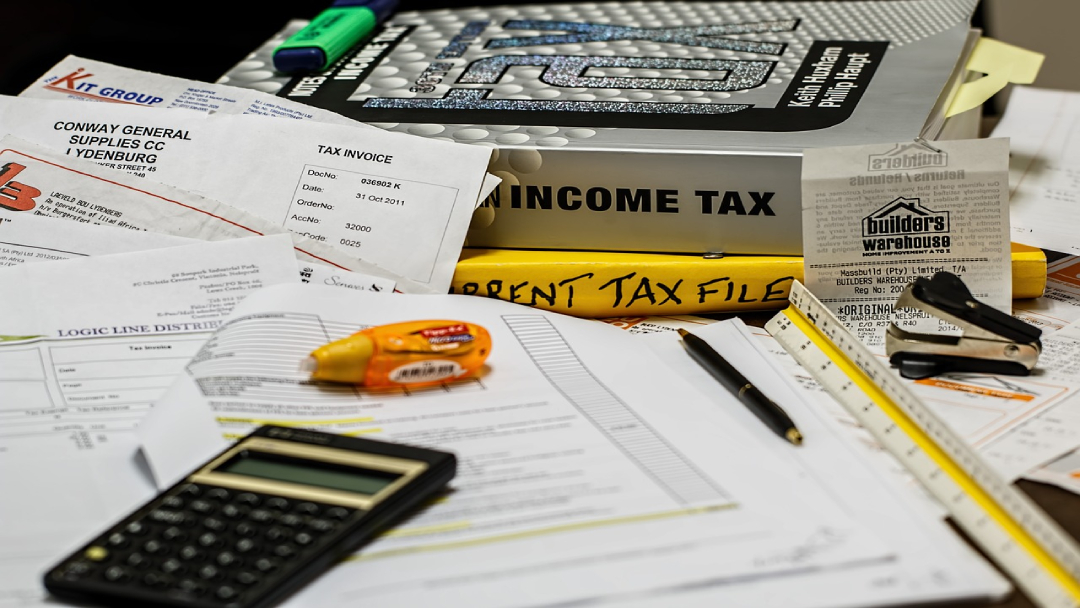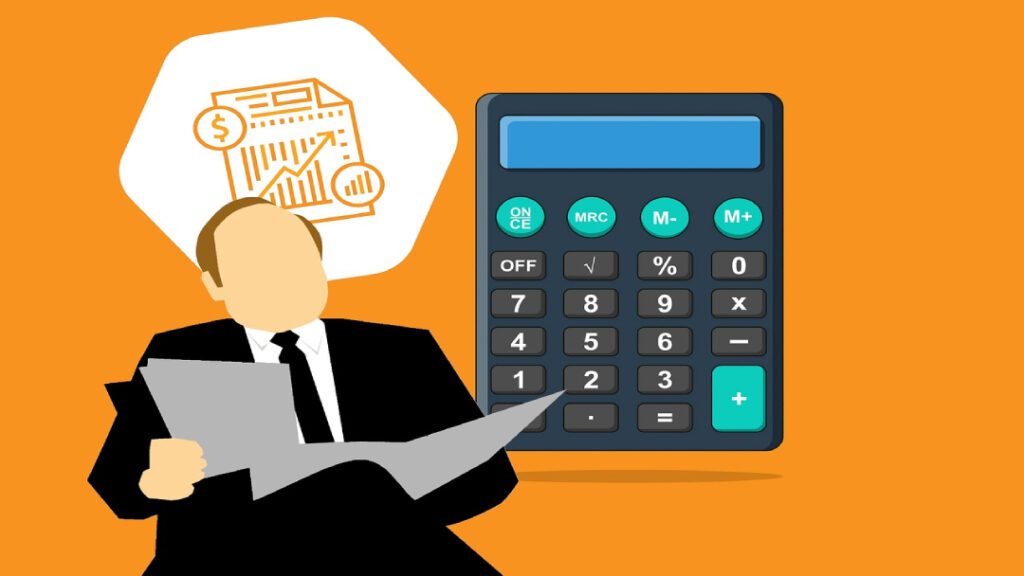There’s a good reason why the job outlook for accountants is expected to rise by 6% over the next decade. Whether with financial information related to business or tax help, we often rely on these professionals daily.
However, despite this fact, many people are unfamiliar with what this job entails. So, what is accounting? And what are the job requirements? If you’re curious about becoming an accountant or if you want to discover more about the profession, you’re in the perfect place.
This helpful guide will walk you through everything you need about this important job. Let’s get started!
Table of Contents
What Is Accounting?
Accounting is the process of managing financial transactions, records, and statements. All of this information is organized by the accountant and given to tax collection agencies (like the IRS) as well as regulators.
The financial statements used in accounting are vital for predicting the financial health and growth of a company. It doesn’t matter if a business is large or small. Without accounting, things like cost planning, cash flow, and financial positioning will all be flawed.
The History of Accounting
Accounting certainly isn’t a recent human invention. Experts believe that the first instances of accounting occurred over 12,000 years ago. Their evidence? Tally marks were scratched onto stone walls by cave dwellers to keep track of any goods that they collected or loaned out.
Bartering and written language certainly sped along the advancement of accounting. However, it wasn’t until the introduction of a currency that accounting really took off. Soon, banks became necessary both to keep track of the monetary transaction and to issue loans on money.
By the Industrial Revolution, accounting was in full bloom. As the economy turned toward manufacturing, companies began forming joint-stock companies. With multiple shareholders on the table, it became necessary to convey financial information as accurately as possible.
What Are the Different Types of Accounting?
It’s rare to encounter a jack-of-all-trade in accounting. Instead, accountants tend to only deal with specific sets of information. Some common types of accounting you’re likely to experience include:
- Managerial Accounting
- Financial Accounting
- Tax accounting
- Cost accounting
Related: 10 Example Goals for Accountants to Set Today

Job Requirements for Accounting
Most accounting jobs will require at least a bachelor’s degree education. Ideally, your degree will be either in finance or accounting. However, it’s still possible to become an accountant with a related degree, like a business. During your time studying, you should focus on courses like:
- Cost accounting
- Auditing processes
- Economics
- Tax law
- Business ethics
- Information technology systems
- Financial theory
- Managerial Accounting
- Statistics
- Communication
If you want to maximize your chance of getting an accounting job outside of college, look for an internship in between the months when you’re studying. Shadowing an existing account will go a long way toward convincing employers to give you your first accounting job.
Skills Helpful for Accounting
Besides the educational requirements, what are some useful skills for becoming an accountant? The most crucial skill to have is attention to detail. Accountants must go through company accounts a look for the most subtle discrepancies in numbers.
Mathematic skills are also a big plus. However, it’s not as vital as in the past since everyone has a calculator in their pocket. Lastly, accountants should be logical thinkers.
This will help them apply unique problem-solving techniques to a company’s financial problems. It will also help you decide what accounting services you want to provide your clients.
Clients often turn to accountants to deliver the highest tax credit amount. Read here to learn more about how companies like TaxRobot can help you fulfill this expectation.
Difference Between an Accountant and CPA
A CPA stands for Certified Public Accountant. What’s the difference between a CPA and an accountant? CPAs have completed the necessary license requirements in the state they live in. Usually, it involves an extensive education of one-hundred fifty hours of instruction.
Since these professionals have certification from a state board, they can do things that regular accountants can’t.
For example, CPAs are allowed to act on behalf of a client when they file taxes or manage an audit initiated by the IRS. CPAs have a legal obligation to uphold the financial interests of anyone they represent. That’s why investing in one for your start-up is worth it.
Related: Accounting Bookkeeping Checklist for New Clients
How to Stay Relevant as an Accountant
Once you become an accountant, you might find finding clients harder than you thought. Why is this? The answer is that there are a lot of accounting businesses out there. Many of them have been around for decades and have established clients.
So what’s the solution? First, pick out a niche market that the more prominent accountants need to go after. Next, make sure you invest in the latest software and accounting tech.
For one thing, this will make your life easier. You’ll also be able to save your clients a lot of money with the right tech, which will keep them coming back to you.
Times are changing for accountants. Visit this guide to learn more about how things like our R&D tax credit software can help you stay relevant against your competitors.

The Importance of Accounting
These days, it’s impossible for a company to grow without proper accounting. Investors want accurate information about the financial state of an organization, and accountants are necessary to deliver this.
What’s more, accountants help identify the current financial health of the company. And, while the accounting industry is becoming more automated, it will always need a human to interpret financial data.
That’s why it’s worth considering becoming an accountant if you want job security and longevity.
Related: What Is Tax Reconciliation? Why It Matters
